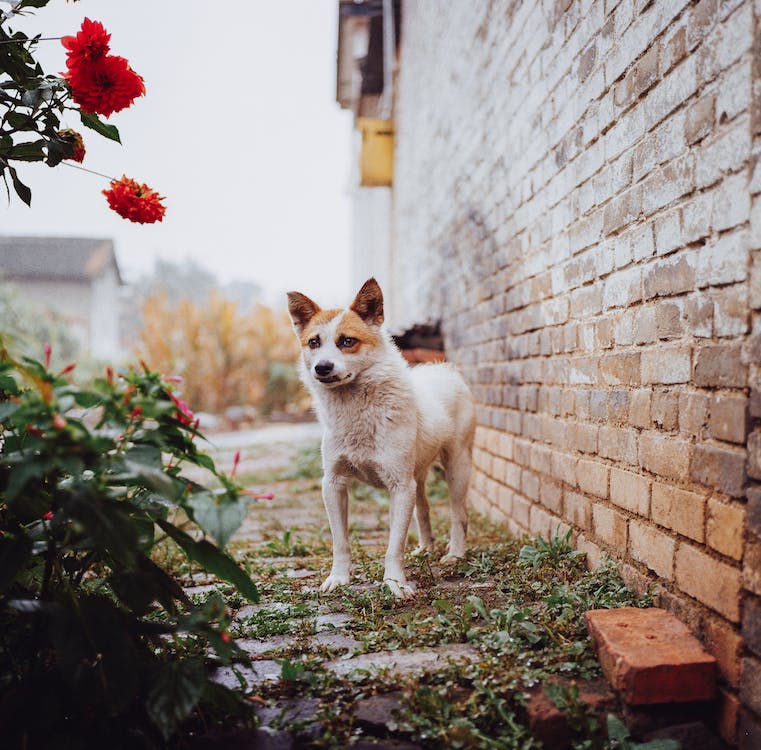Finding fluffy dog poop in your yard or on walks can be concerning for pet owners. Your dog’s stool consistency can provide valuable insights into their overall health and well-being. In this comprehensive guide, we will explore the causes of fluffy dog poop, discuss potential underlying issues, and offer solutions to help you maintain your furry friend’s digestive health. Whether you are a concerned pet owner or a veterinary professional, this article aims to provide valuable information on understanding and addressing the issue of fluffy dog poop.
What causes fluffy dog poop?
- Dietary Factors: A sudden change in diet, consumption of high-fiber foods, or inadequate nutrient absorption can result in fluffy stool consistency.
- Digestive Disorders: Gastrointestinal issues such as malabsorption, food allergies, or sensitivity to certain ingredients can contribute to fluffy dog poop.
- Intestinal Parasites: Worm infestations, such as hookworms or whipworms, can cause changes in stool consistency, including fluffiness.
- Bacterial or Viral Infections: Infections like giardiasis or parvovirus can lead to changes in stool consistency, including fluffiness.
- Medications or Supplements: Certain medications or supplements may affect your dog’s stool consistency, leading to fluffiness.

What are the potential health concerns associated with fluffy dog poop?
- Nutritional Imbalances: Fluffy dog poop could indicate a lack of proper nutrient absorption, potentially leading to deficiencies or malnutrition.
- Digestive Disorders: Chronic fluffy stool consistency may be a sign of an underlying digestive disorder, such as inflammatory bowel disease or pancreatitis.
- Intestinal Parasites: Fluffy dog poop can be an indication of parasitic infections that require prompt treatment to ensure your dog’s well-being.
- Infections: Bacterial or viral infections can cause gastrointestinal disturbances, resulting in fluffy stool consistency.
How can I address and manage fluffy dog poop?
- Diet Modifications: Consult with your veterinarian to determine if a change in diet is necessary. They may recommend a high-quality, easily digestible food or a specialized diet to address the underlying cause of fluffy stool consistency.
- Probiotics and Digestive Enzymes: These supplements can help promote healthy digestion and improve nutrient absorption, potentially reducing fluffy poop.
- Parasite Control: Regular deworming treatments, as recommended by your veterinarian, can help eliminate intestinal parasites and improve stool consistency.
- Veterinary Examination: If fluffy dog poop persists or is accompanied by other concerning symptoms, it is essential to seek veterinary advice. Your veterinarian can perform diagnostic tests to identify any underlying health issues and recommend appropriate treatment.
- Hydration: Ensure your dog has access to clean, fresh water at all times, as dehydration can worsen digestive problems and affect stool consistency.
- Regular Exercise: Regular exercise can help regulate your dog’s digestive system and promote overall gastrointestinal health.

When should I seek veterinary advice?
- Persistent Fluffy Stool: If your dog consistently has fluffy poop for more than a few days, it is advisable to consult with your veterinarian.
- Additional Symptoms: If fluffy stool is accompanied by other concerning symptoms such as vomiting, diarrhea, lethargy, or loss of appetite, immediate veterinary attention is recommended.
- Changes in Behavior: Any sudden changes in your dog’s behavior, including increased thirst, weight loss, or discomfort, should prompt a veterinary consultation.
Conclusion:
Fluffy dog poop can be an indication of underlying health issues or dietary imbalances. By understanding the potential causes and implementing appropriate solutions, you can help maintain your dog’s digestive health and overall well-being. Regular veterinary check-ups, a balanced diet, proper hydration, and prompt intervention can all contribute to resolving the issue of fluffy dog poop and ensuring a happy and healthy furry companion.



